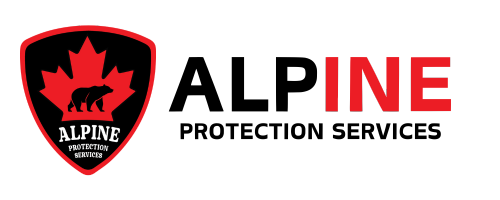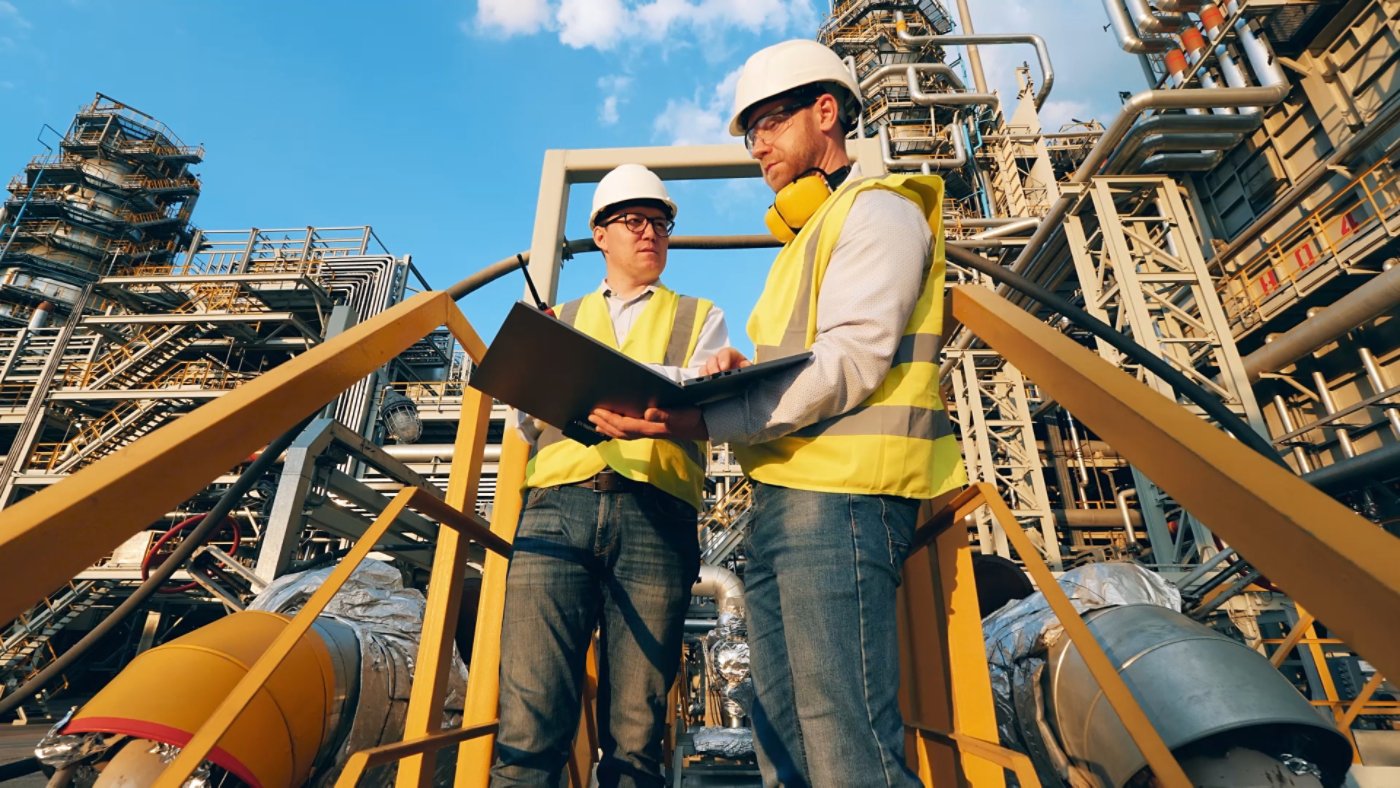The oil and gas industry are vital to the global economy, providing energy that powers homes, businesses, and transportation. However, this industry also faces unique challenges, particularly in terms of security. Ensuring safety in high-risk environments, such as oil rigs, refineries, and pipelines, is critical. This blog explores the importance of Oil Security, highlighting key strategies and technologies that help protect these crucial assets.
Alpine Protection Services
Alpine Protection Services is dedicated to providing tailored security services that meet the unique needs of businesses and individuals alike. With a strong focus on personalized service, Alpine offers a wide range of security options, including on-site security personnel, advanced surveillance systems, and emergency response planning. Their team of highly trained professionals works closely with clients to understand their specific security challenges and develop strategies that ensure maximum protection. Whether it’s securing a large commercial facility or safeguarding a residential property, Alpine Protection Services delivers peace of mind through expertise and commitment to excellence.
Understanding the Importance of Oil & Gas Security
Gas Security is essential for safeguarding the industry against various threats, including theft, vandalism, terrorism, and environmental hazards. The infrastructure involved in oil and gas extraction, processing, and distribution is often located in remote and vulnerable areas, making it a prime target for criminal activities. Moreover, the volatile nature of the materials handled in this industry requires stringent security measures to prevent accidents and ensure the safety of workers and surrounding communities.
The Importance of Securing Remote Oil & Gas Sites
Remote oil and gas sites, such as offshore platforms and isolated pipelines, present unique security challenges. These locations are often far from populated areas, making them difficult to monitor and vulnerable to attacks or accidents. Effective Oil & Gas Security at these sites requires a combination of physical security measures, such as perimeter fencing and surveillance, along with advanced technologies like drones and remote sensors to provide continuous monitoring and rapid response capabilities.
Leveraging Data Analytics for Proactive Security
In the age of big data, leveraging data analytics has become a powerful tool in Gas Security. By analyzing data from various sources, including surveillance cameras, access logs, and sensor networks, security teams can identify patterns and potential threats before they escalate. Predictive analytics allows companies to proactively address vulnerabilities, enhancing overall security and reducing the risk of costly incidents.
Enhancing Pipeline Security in High-Risk Areas
Pipelines are a critical component of the oil and gas industry, transporting valuable resources over vast distances. However, they are also susceptible to sabotage, theft, and environmental hazards. Enhancing pipeline security, particularly in high-risk areas, involves deploying technologies such as leak detection systems, pressure sensors, and satellite monitoring. In addition, regular patrols and inspections are essential to ensure the integrity of the pipeline and prevent potential disruptions.
The Role of Community Engagement
Community engagement plays a crucial role in the overall effectiveness of Oil & Gas Security. Building strong relationships with local communities can help companies gain valuable insights into potential security threats and foster a cooperative environment. By involving community members in security initiatives, such as reporting suspicious activities or participating in emergency response drills, companies can enhance their security efforts and reduce the likelihood of incidents.
Addressing Insider Threats in the Oil & Gas Industry
Insider threats pose a significant risk to Oil Security. Employees, contractors, or even third-party vendors with access to sensitive information or critical infrastructure can inadvertently or deliberately compromise security. To address this risk, companies should implement stringent access control measures, conduct regular background checks, and provide inclusive training on security protocols. In addition, monitoring for unusual behavior or unauthorized access can help detect and mitigate insider threats.
Adapting to Evolving Threats
The landscape of Oil & Gas Security is constantly evolving, with new threats emerging as technology and global dynamics change. From sophisticated cyberattacks to more frequent natural disasters, the industry must remain agile and adaptable. Companies need to continuously assess and update their security protocols, incorporating the latest technologies and threat intelligence to stay ahead of potential risks. By proactively addressing these evolving threats, the oil and gas industry can better protect its assets, ensure operational continuity, and safeguard the environment.
Ensuring Cybersecurity in Oil & Gas Operations
As oil and gas operations become increasingly digitized, ensuring cybersecurity has become a top priority. Cyberattacks on critical infrastructure can have devastating consequences, disrupting operations, compromising safety, and causing financial losses. To protect against these threats, companies must implement robust cybersecurity measures, including firewalls, encryption, and regular vulnerability assessments. In addition, educating employees on cybersecurity best practices is essential to prevent breaches and maintain the integrity of Oil Security.
The Economic Impact of Security Breaches in the Oil & Gas Sector
Security breaches in the oil and gas sector can have far-reaching economic impacts. From the loss of valuable resources to the costs associated with repairing damaged infrastructure and responding to environmental incidents, the financial implications can be severe. Furthermore, a significant security breach can damage a company’s reputation, leading to loss of business and regulatory penalties. Investing in inclusive Gas Security measures are therefore crucial to protecting not only physical assets but also the financial stability of the company.
Conclusion
As the oil and gas industry continues to evolve, so too must the strategies and technologies used to protect it. Ensuring Oil & Gas Security in high-risk environments requires a inclusive approach that includes physical security measures, advanced technology, cybersecurity, and well-trained personnel. By staying ahead of emerging threats and investing in innovative services, companies can protect their assets, ensure the safety of their employees, and maintain operational efficiency.



